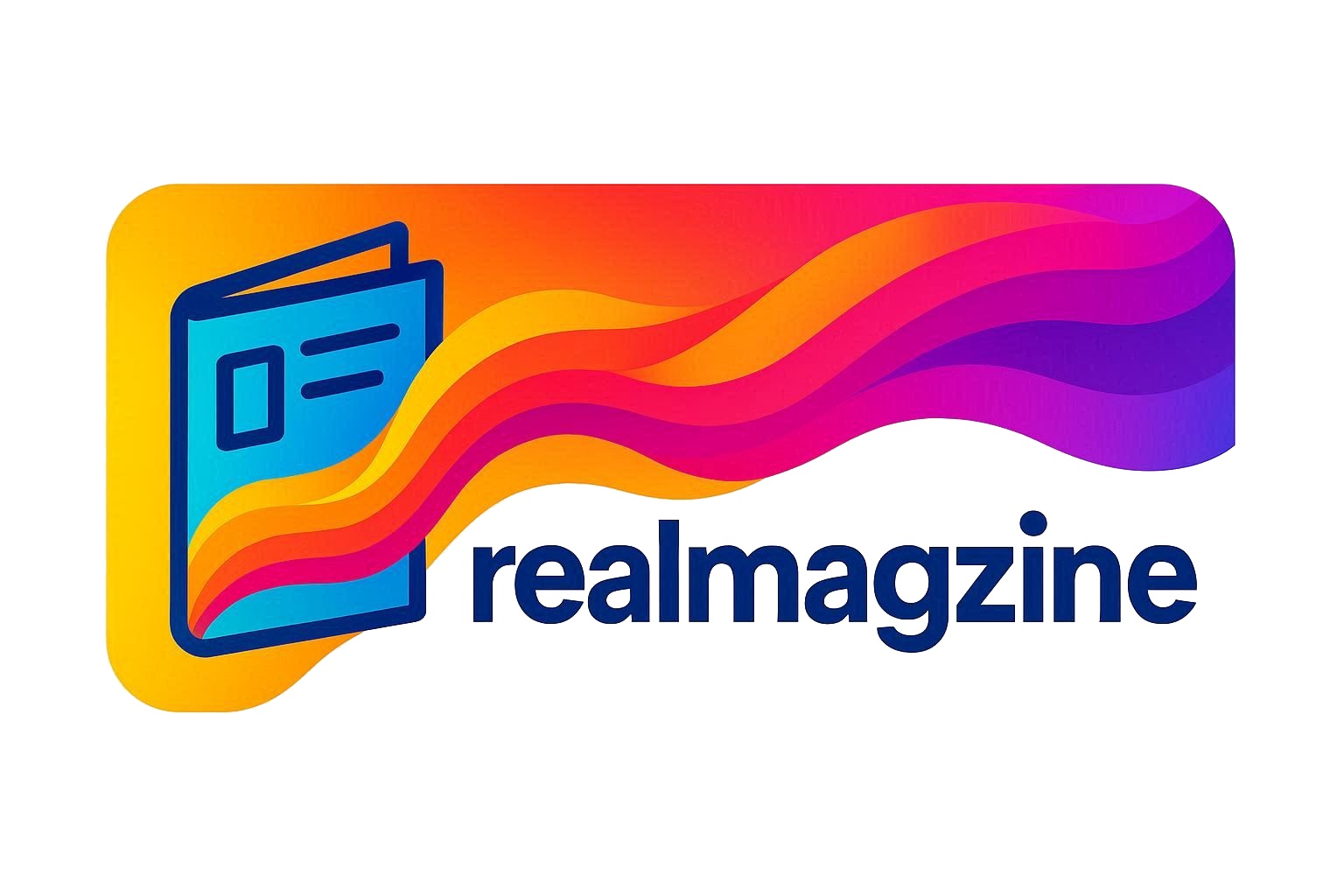If the asset is linked to their business, it will be a related-party transaction
The tax authorities clarify how company partners should tax company assets that they use free of charge. The Central Economic-Administrative Court (TEAC) establishes that if the asset used has nothing to do with the company’s activity (for example, it is engaged in the real estate business and uses a boat registered in the company’s name free of charge), this benefit must be taxed in the IRPF as income in kind.
However, if the company is engaged in construction and enjoys one of its properties, i.e., an asset related to its business, this would be a related-party transaction, and therefore, the company should pay the market value of the property or rent, and the firm should pay tax on the gain.
The ruling, dated 24 September, thus clarifies the dispute between a company partner, who owned more than 25% of the company, and the tax authorities over the former’s use of a company boat.
The tax authorities regularised this transaction in the entrepreneur’s income tax return as income in kind, forcing him to pay €74,000 in taxes plus a penalty for concealing income. However, the Economic-Administrative Court of Galicia annulled the settlement and the penalty on the grounds that it was a related-party transaction between the owner and the company and should be valued at market price.
In its ruling, the court recalls that the concept of related-party transactions originated as a means of preventing multinationals based in one jurisdiction from transferring profits to one of their companies in another country with lower taxation. It then became part of domestic legislation to prevent the artificial transfer of profits between Spanish companies or between partners with the aim of reducing taxation. For this reason, the prices at which these transactions are carried out (and regularised) are market prices.
However, it adds that not all transactions between a partner and a company can be considered related, since when a firm pays dividends to its directors, this is not subject to adjustment due to relatedness, but is, by its nature, income.
Thus, it distinguishes between related-party transactions and income to partners due to their ownership of the company.
Related-party transactions, according to the economic court, are a way to prevent the parties from transferring income by setting artificial remuneration (at a price different from the market price) for the transactions they carry out between themselves. Meanwhile, Article 25 of the Personal Income Tax Law seeks to ensure that partners or shareholders in the capital of an entity end up paying tax on all the income they receive from it as owners, whether in cash or in kind.

‘When a partner in a company enjoys certain assets of that company free of charge, and these are assets that the company has for exploitation in the course of its ordinary activities, having acquired them for that purpose – for its activities – the adjustment must be made in accordance with the regulations on related-party transactions,’ it states.
It adds that, on the other hand, when a partner in a company enjoys certain assets of that company free of charge, and those assets are held by the company specifically for that purpose, as will typically be the case when such assets have been acquired by the company so that the partner can enjoy them without paying anything in return, the adjustment must be made as income in kind.





